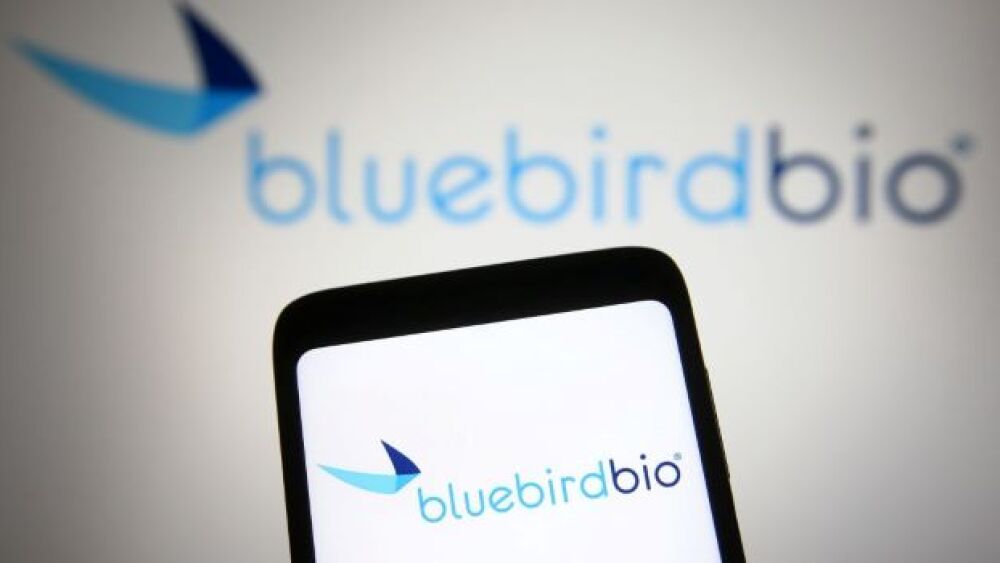bluebird bio is hitting back at Spark Therapeutics over the use of the word “spark” involving the company’s “Be the Spark” campaign against sickle cell disease.
Pavlo Gonchar/SOPA Images/LightRocket via Getty Images
In a countersuit filed July 2, Cambridge, Mass.-based bluebird bio is hitting back at Roche-owned Spark Therapeutics over the use of the word “spark” in promotional campaigns involving the company’s “Be the Spark” campaign against sickle cell disease.
In the marketing campaign, bluebird urges sickle cell patients and advocates to keep moving forward in treating their disease and helping others break down barriers that may prevent them from seeking the help they need. The campaign asks the sickle cell community if they are ready to “spark change” and urges them to sign up at SparkSickleCellChange.com to remain connected with other community members.
bluebird bio is developing its LentiGlobin gene therapy for sickle cell disease, a genetic disease caused by a mutation in the β-globin gene that leads to the production of abnormal sickle hemoglobin. LentiGlobin for sickle cell disease has been granted Orphan Drug designation, Fast Track designation and Rare Pediatric Disease designation by the U.S. Food and Drug Administration.
According to a previous report from FiercePharma, bluebird has sought to trademark the “Be the Spark” slogan, as well as “I am the Spark,” “Spark Change” and “Spark Action,” all of which are included in educational materials related to sickle cell disease.
In March, Philadelphia-based Spark Therapeutics, which Roche acquired in 2019, sued bluebird over the use of the word “spark.” The company uses similar phrases in its own promotional materials and, in its lawsuit, argued that bluebird’s use of the word “spark” in its marketing and promotional materials infringed on its own trademarked marketing programs.
The Philadelphia Business Journal reported that the Spark lawsuit argued that bluebird “misappropriated and diluted Spark’s trademarks.” Spark argues that bluebird’s use of “spark” will cause confusion among people within the gene therapy industry and could “weaken” the company’s brand.
Following Spark’s lawsuit, bluebird has now countered with its own lawsuit that argues the use of the word “spark” is free and open for use. According to the Philadelphia Business Journal, bluebird said there is “no likelihood of confusion or misunderstanding” concerning Spark Therapeutics. Furthermore, the company said it has not willfully infringed on Spark Therapeutics and only uses the word “spark” to describe its “goods and services.”
Additionally, bluebird pointed to multiple other uses of the word “spark” in promotional campaigns by other companies and organizations.
In its countersuit, bluebird also claims that the litigation brought by Spark Therapeutics has damaged bluebird’s reputation due to uncertainty that has been caused by the “unsubstantiated claims with respect to bluebird’s non-infringing use of the term “spark.”
Both companies develop gene therapies for blood disorders. However, the disease indications are different. Spark, which already has an approved gene therapy for a rare disease that causes blindness, is developing a gene therapy for hemophilia. Its hemophilia gene therapy has shown significant promise in clinical studies, which sparked the Roche acquisition.
bluebird’s LentiGlobin platform was previously approved in Europe to treat the blood disorder beta thalassemia and is currently being developed as a treatment for sickle cell disease. Due to concerns about malignancies found in two patients, bluebird voluntarily paused the trial. However, the hold was lifted when it was determined there was no association between the gene therapy and the issues found in the malignancies.





